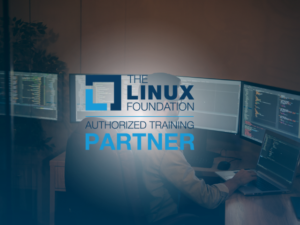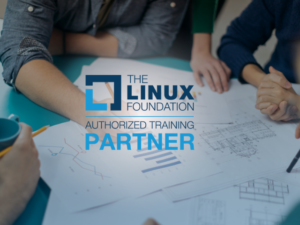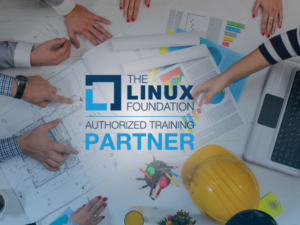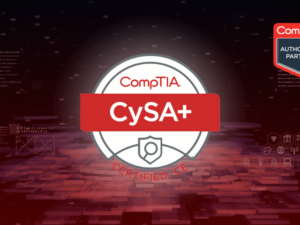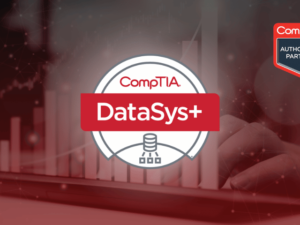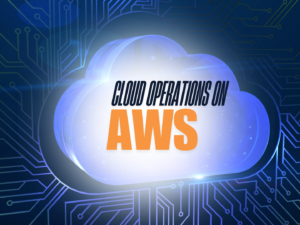OPEN SOURCE VIRTUALIZATION (LFS462)
- Description
- Reviews
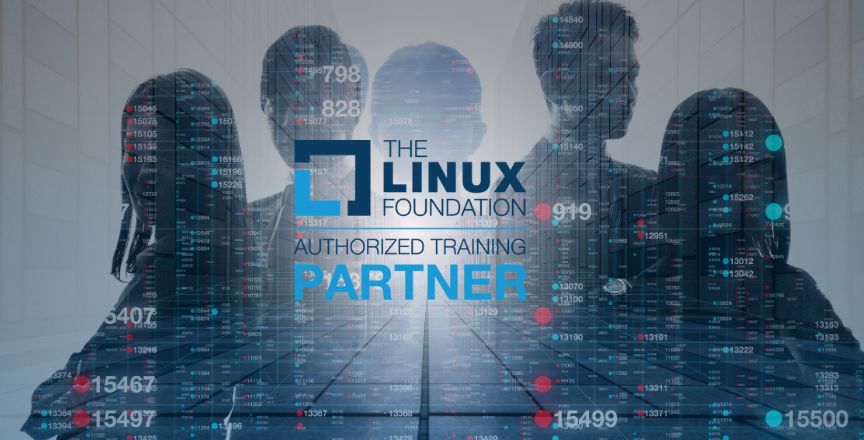
OPEN SOURCE VIRTUALIZATION (LFS462)
COURSE DESCRIPTION
Open Source Virtualization takes a deep dive into KVM (Kernel-based Virtual Machine) and Xen, the most popular hypervisor virtualization technologies in the open source ecosystem, as well as the deployment and use of containers.
Built by experts in the field of virtualization, this course provides the technical background to understand the components required to build and administer a modern virtual IT infrastructure.
Who Is It For
This course is for technical IT professionals interested in building a reliable, efficient and open virtualization infrastructure with KVM.
Students are expected to have mastered the skills covered in the lower level Linux Foundation System Administration courses.
Students are expected to be well versed in Linux command line usage, shell scripting and text file editing.
What You’ll Learn
This course provides KVM training from the ground up with a focus on QEMU and libvirt, as well as Xen. You will learn how these and other related open source components can be assembled to create a virtual IT infrastructure. There is a focus on practical deployment skills, securing the virtual infrastructure, and administering solutions, as well as detailed material about using containers. Lab exercises focus on virtual images and snapshots, deployment, VM creation and maintenance, integration with networking infrastructure, device pass-through and more.
What It Prepares You For
This course will prepare you with the skills needed to understand the role KVM and Xen play in the virtualization ecosystem, and to assemble KVM and other components into a robust and efficient virtual IT infrastructure.
COURSE OUTLINE
Introduction
• Linux Foundation
• Linux Foundation Training
• Linux Foundation Certifications
• Laboratory Exercises, Solutions and Resources
• Distribution Details
• Labs
Virtualization Overview
• Virtualization Terminology
• Host versus Guest
• Virtual Machine Monitor
• Emulation
• Software versus Hardware Virtualization
• Hypervisor Types
• Instruction Translation and Caching
• Paravirtualization
• Virtual Machine Image File
• Linux Containers
• Xen Hypervisor
• Comparison
• Labs
KVM Quick-Start
• Verifying your Linux Kernel has KVM
• Validating your Hardware for KVM
• Obtaining and Installing KVM and QEMU
• Building Upstream QEMU
• qemu-img and Virtual Disk Files
• virt-install
• Pausing and Restoring the Guest
• Managing VMs with GUIs
• The QEMU Monitor
• The QEMU Command Line
• Labs
KVM Architecture and Relationship with Linux
• Brief History of KVM
• Controlling KVM Using Linux Commands
• Obtaining KVM
• Labs
Running KVM Using QEMU
• What is QEMU?
• Running KVM Using QEMU
• Machine Commands
• Starting Guest Networking
• Dumping Network Traffic with QEMU
• Guest-to-Host Communication using Virtio
• QEMU Tracing
• Managing Storage With QEMU
• Managing Virtual Storage with libguestfs
• Using Host Physical Storage
• Using Host Physical Networking
• Graphics
• BIOS
• USB Pass-through
• Labs
Libvirt
• Libvirt
• Architecture
• libvirt Access Control
• virsh
• virt-manager
• libvirt XML
• Open vSwitch
• Labs
Hardware Support
• Assigning Devices
• I/O Provisioning
• Labs
Tuning for Performance
• Measuring Performance
• Netperf
• Fio
• Memory Testing with Stream
• SPECVirt Tuning
• Labs
KVM Security
• KVM Security
• Review – libvirt Access Control
• Host Security Concerns
• libvirt-sandbox
• sVirt
• Security Updates
• Labs
Xen Hypervisor Architecture
• Domain Types
• Toolstack Choices
• Virtualization Modes
• Labs
Installing and Configuring Xen
• Preparing the Host
• Getting the Software
• Verifying dom0
• Toolstack Selection
• Installing domU
• Persistent Xen Configuration
• Connections to domU
• Labs
Administration of Xen domains
• Debugging Xen Issues
• Backup and Restore
• Live Migration
• NUMA Features
• PCI Pass-through
• USB Device Pass-through
• Troubleshooting
• Labs
Xen Performance and Tuning
• Domain Resource Usage
• Xen Scheduler Options
• I/O Benchmark Testing
• Boot Options for dom0
• Labs
Xen Security
• Domain Type Considerations
• Xen Security Modules
• FLASK
• Virtual Trusted Platform Module
• Pvgrub
• Network Security
• Labs
Working with Linux Containers
• Container Basics
• OCI
• Kubernetes
• CRI-O
• Rocket
• Docker
• LXD Container Hypervisor
• lxc command line tools
• Labs
Please contact us for the schedules and for booking a private class.
Request a Quote
Popular Courses
Archive
Working hours
| Monday | 9:00 am - 6.00 pm |
| Tuesday | 9:00 am - 6.00 pm |
| Wednesday | 9:00 am - 6.00 pm |
| Thursday | 9:00 am - 6.00 pm |
| Friday | 9:00 am - 6.00 pm |
| Saturday | Closed |
| Sunday | Closed |

